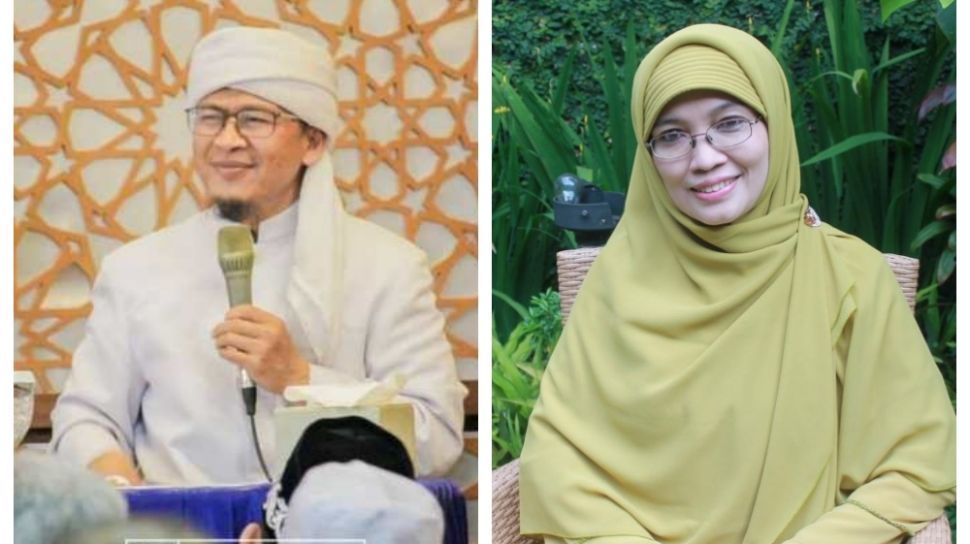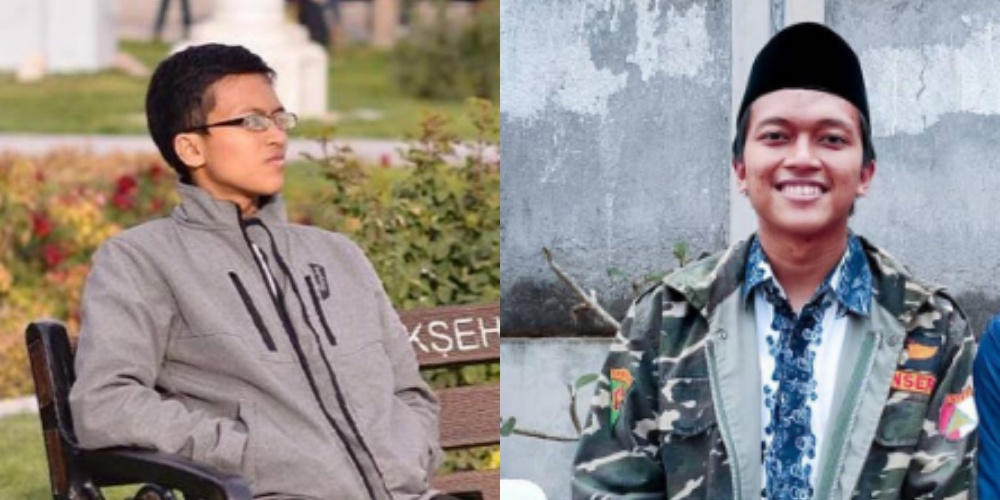


The power of a kiyai strongly influences the development of pesantren. Before modernisation, authority in the pesantren was still entirely concentrated in the figure of the kiyai.

Savran Billahi and Idris Thaha ( 2018) explain that the modernisation of education in pesantren (an Islamic boarding school) has encouraged the spread of religious authority in various sources. In addition, the rapid development of modernisation and globalisation has influenced the diversification of religious authority in Muslim societies in Indonesia. Each member of a religious, social organisation tends to recognise and support religious leaders in that organisation. Simply put, in the context of Muslim communities in Indonesia, the plurality of religious authority can be seen from the diversity of religious, social organisations there. Zulkifli (2013) explains that religious authority is indeed pluralised. However, religious authority in Muslim societies is by no means monolithic. The five elements described are the foundation for the formation of religious authority in traditional Muslim societies, especially in rural Javanese communities.

Later he added a fifth element kiyai’s involvement in the tarekat (Sufi order). Robert Pringle (2010, 132) explains that four pillars support the religious authority possessed by a kiyai religious knowledge, genealogical relations with previous chaplains, heredity (the father is a chaplain) and managerial ability (managing boarding schools). Scholars, when discussing religious authority in Muslim societies, refer to ulama (a Muslim scholar having Islamic knowledge and respected in the Muslim community) or kiyai (a symbol given to a Muslim who generally leads an Islamic boarding school) (for example, Burhanudin and Baedowi 2003 Pringle 2010).


 0 kommentar(er)
0 kommentar(er)
